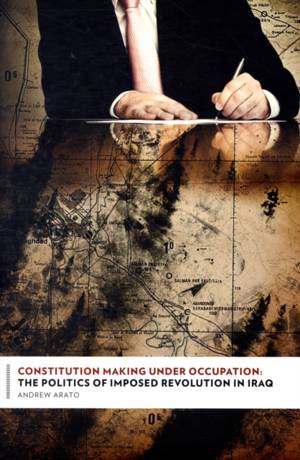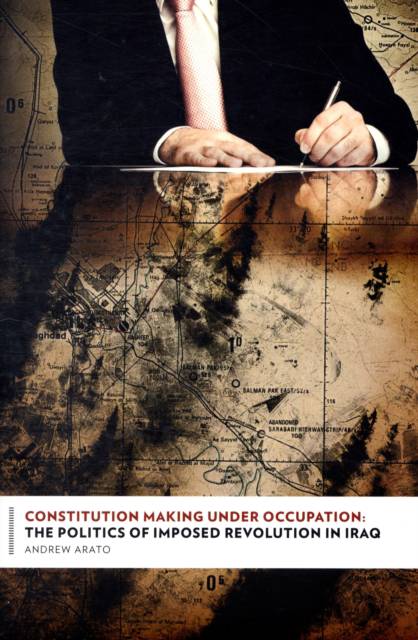
- Retrait gratuit dans votre magasin Club
- 7.000.000 titres dans notre catalogue
- Payer en toute sécurité
- Toujours un magasin près de chez vous
- Retrait gratuit dans votre magasin Club
- 7.000.000 titres dans notre catalogue
- Payer en toute sécurité
- Toujours un magasin près de chez vous
135,95 €
+ 271 points
Description
The attempt in 2004 to draft an interim constitution in Iraq and the effort to enact a permanent one in 2005 were unintended outcomes of the American occupation, which first sought to impose a constitution by its agents. This two-stage constitution-making paradigm, implemented in a wholly unplanned move by the Iraqis and their American sponsors, formed a kind of compromise between the populist-democratic project of Shi'ite clerics and America's external interference.
As long as it was used in a coherent and legitimate way, the method held promise. Unfortunately, the logic of external imposition and political exclusion compromised the negotiations. Andrew Arato is the first person to record this historic process and analyze its special problems. He compares the drafting of the Iraqi constitution to similar, externally imposed constitutional revolutions by the United States, especially in Japan and Germany, and identifies the political missteps that contributed to problems of learning and legitimacy. Instead of claiming that the right model of constitution making would have maintained stability in Iraq, Arato focuses on the fragile opportunity for democratization that was strengthened only slightly by the methods used to draft a constitution. Arato contends that this event would have benefited greatly from an overall framework of internationalization, and he argues that a better set of guidelines (rather than the obsolete Hague and Geneva regulations) should be followed in the future. With access to an extensive body of literature, Arato highlights the difficulty of exporting democracy to a country that opposes all such foreign designs and fundamentally disagrees on matters of political identity.Spécifications
Parties prenantes
- Auteur(s) :
- Editeur:
Contenu
- Nombre de pages :
- 376
- Langue:
- Anglais
- Collection :
Caractéristiques
- EAN:
- 9780231143028
- Date de parution :
- 13-03-09
- Format:
- Livre relié
- Format numérique:
- Genaaid
- Dimensions :
- 157 mm x 231 mm
- Poids :
- 657 g







